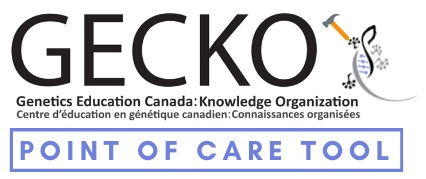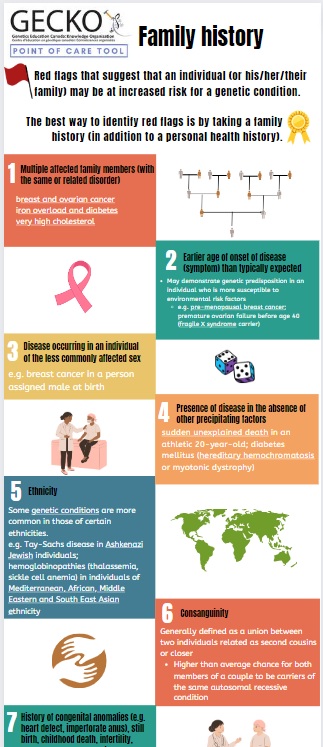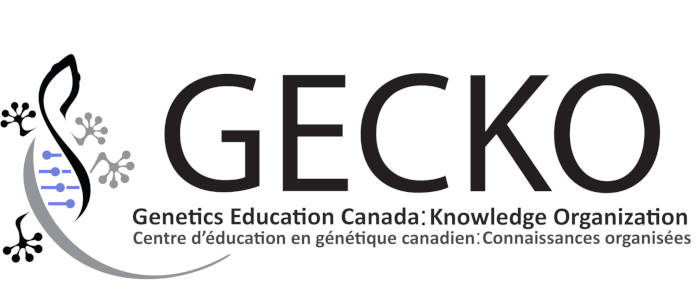
Red flags indicate to healthcare providers that their patient (or their patient’s family) may be at increased risk for a genetic condition. The best way to identify red flags is by taking a family history (in addition to a personal health history).
 Download the quick reference Red flags point of care tool point of care tool point of care tool.
Download the quick reference Red flags point of care tool point of care tool point of care tool.
Find a family history taking tool here.
Red Flags
Multiple affected family members may
- Indicate they have the same or a related disorder
- e.g. family history of endometrial and colon cancer (Lynch syndrome)
- Illustrate both shared genetics and environmental risk factors
- Demonstrate pattern of inheritance (recessive, dominant, X-linked)
Earlier age of onset of disease (or symptom) than typically expected
- May demonstrate genetic predisposition in an individual who is more susceptible to environmental risk factors
- e.g. pre-menopausal breast cancer (BRCA1 or BRCA2 mutation); premature ovarian failure before age 40 (fragile X syndrome carrier)
Disease occurring in an individual of the less commonly affected sex
- e.g. breast cancer in a male
Presence of disease in the absence of other precipitating factors
- e.g. sudden unexplained death in an athletic 20-year-old (hypertrophic cardiomyopathy); diabetes mellitus (hereditary hemochromatosis or myotonic dystrophy)
Ethnicity
- Some genetic disorders are more common in certain ethnic groups
- e.g. Tay-Sachs disease, Gaucher disease, Familial dysautonomia, Canavan disease in Ashkenazi Jewish individuals; Hemoglobinopathies (thalassemia, sickle cell anemia) in individuals of Mediterranean, African, Middle Eastern and South East Asian ancestry
Consanguinity
- Generally defined as a union between two individuals related as second cousins or closer
- The incidence of congenital anomalies in the offspring of first cousins has been estimated to be 1.7–2.8% higher than the background population risk (which is 2-3%), mostly attributable to autosomal recessive diseases.
History of congenital anomalies (e.g. heart defect, imperforate anus), still birth, childhood death, infertility, more than three unexplained miscarriages
- May be suggestive of underlying genetic etiology such as a single gene disorder or a familial chromosome re-arrangement
–
Disclaimer:
· GECKO is an independent not-for-profit program that does not accept support from commercial or non-academic entities.
· GECKO aims to aid the practicing non-genetics clinician by providing informed resources regarding genetic/genomic conditions, services and technologies that have been developed in a rigorous and evidence-based manner with periodic updating. The content on the GECKO site is for educational purposes only. No resource should be used as a substitute for clinical judgement. GECKO assumes no responsibility or liability resulting from the use of information contained herein.
· All clinicians using this site are encouraged to consult local genetics clinics, medical geneticists, or specialists for clarification of questions that arise relating to specific patient problems.
· All patients should seek the advice of their own physician or other qualified clinician regarding any medical questions or conditions.
· External links are selected and reviewed at the time a page is published. However, GECKO is not responsible for the content of external websites. The inclusion of a link to an external website from GECKO should not be understood to be an endorsement of that website or the site’s owners (or their products/services).
· We strive to provide accurate, timely, unbiased, and up-to-date information on this site, and make every attempt to ensure the integrity of the site. However, it is possible that the information contained here may contain inaccuracies or errors for which neither GECKO nor its funding agencies assume responsibility.


